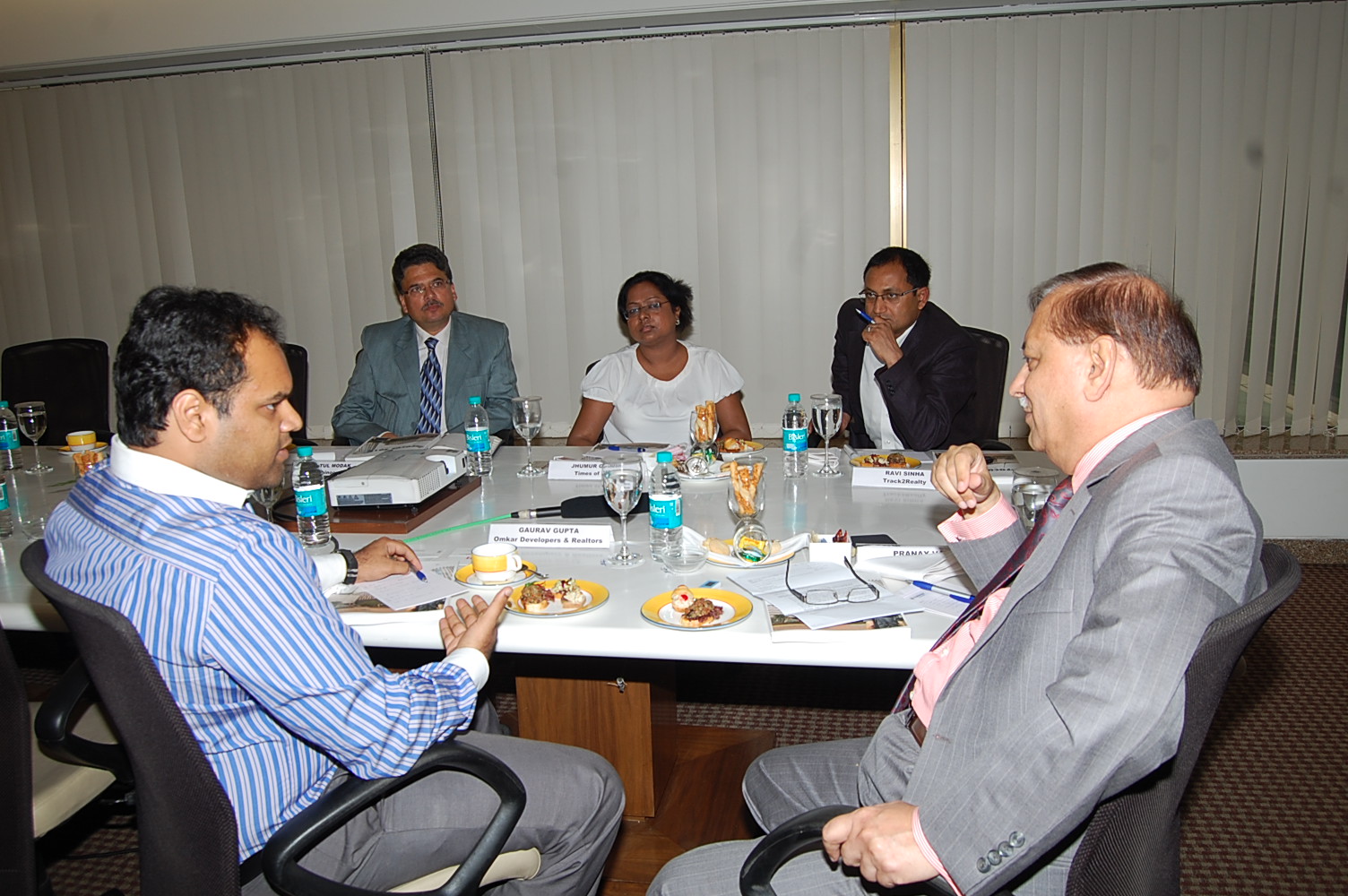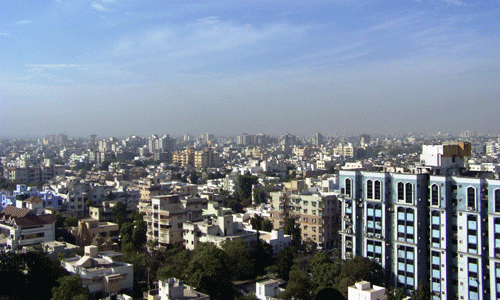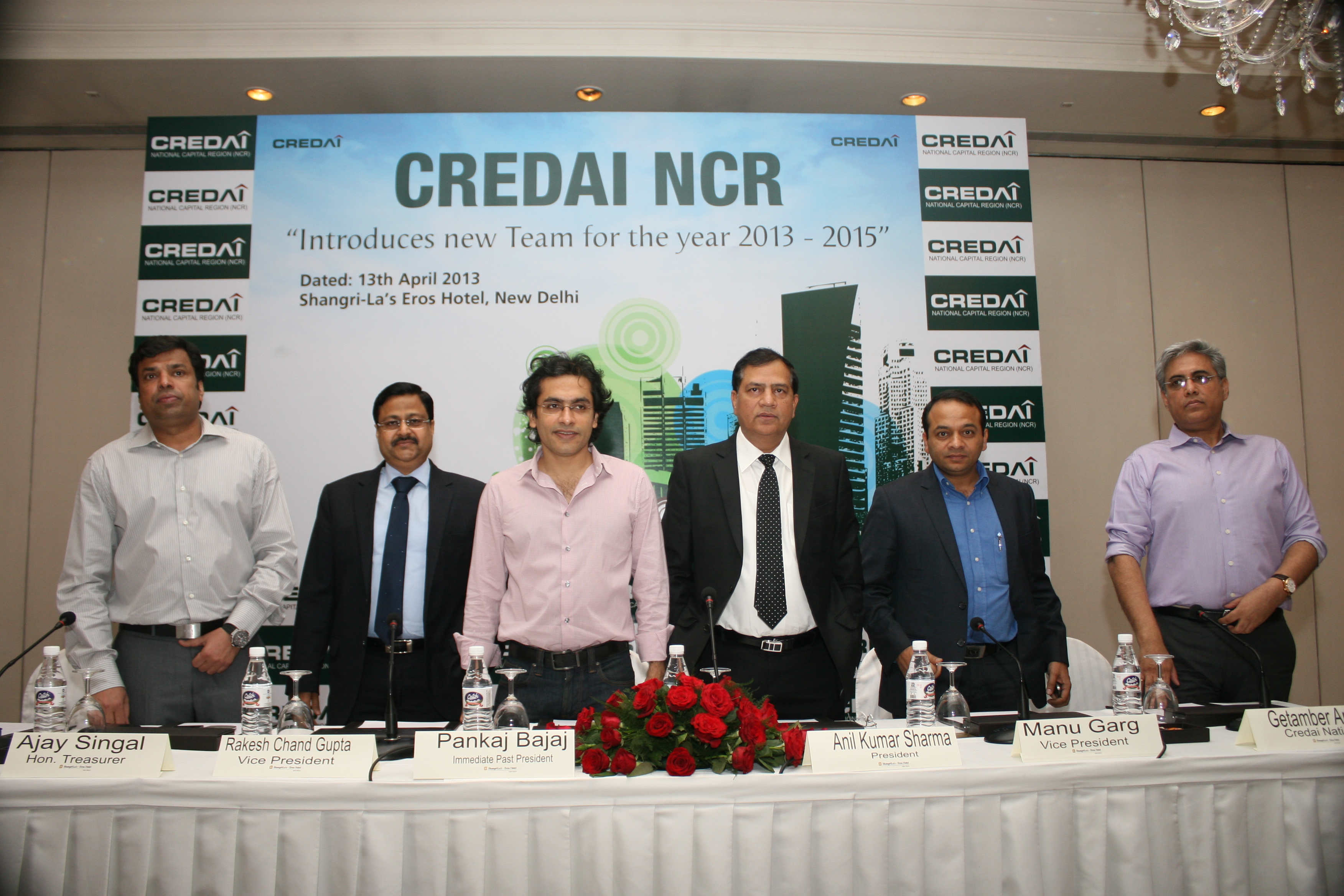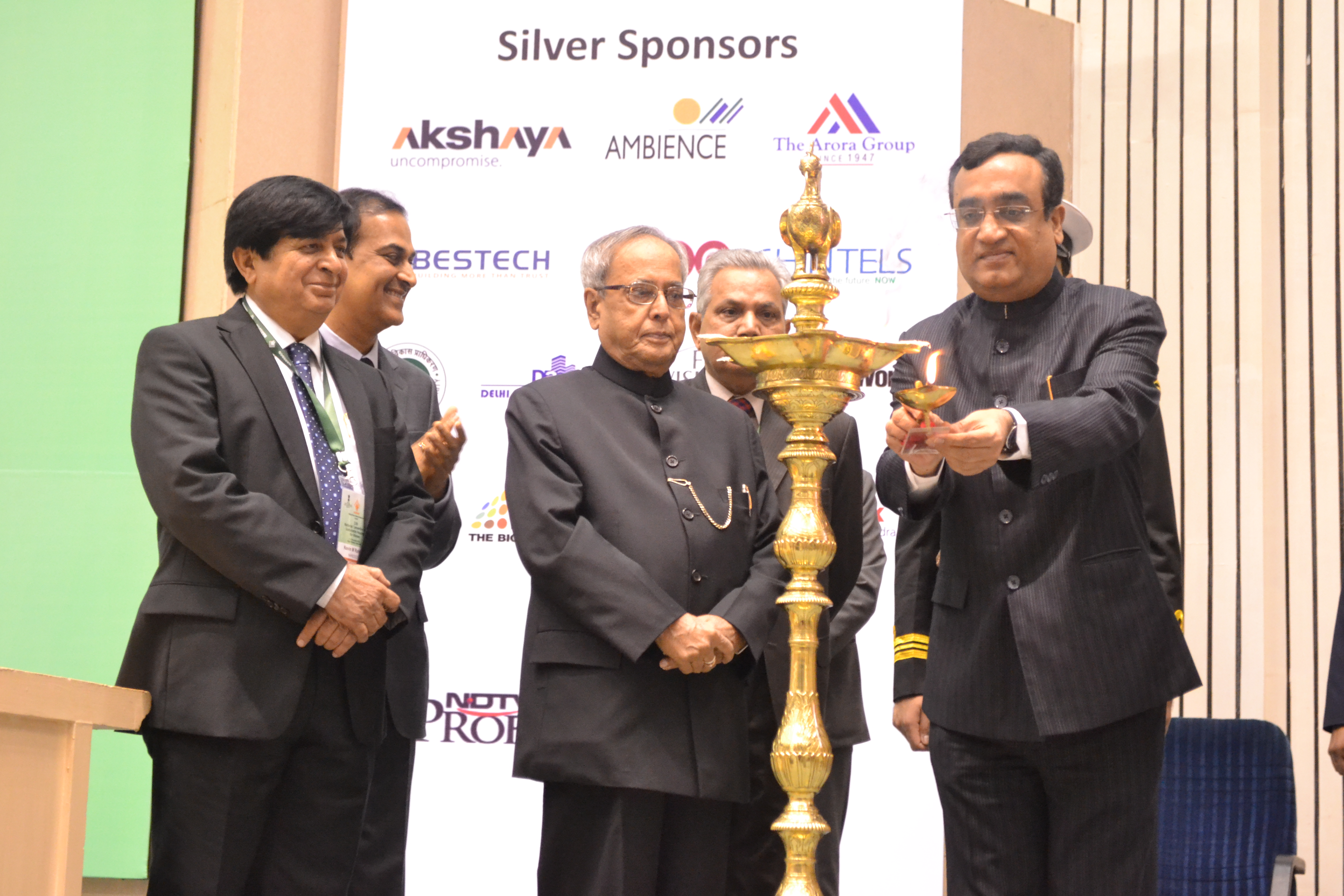
Track2Realty Exclusive: Conceptually across the world integrated townships have gone beyond a well-planned housing complex that meets daily needs of its residents to a functioning city that aims at self reliance. The townships being built today have a balanced configuration of residential and commercial spaces intermingled with well-developed infrastructure and recreational amenities besides the green and open spaces.









